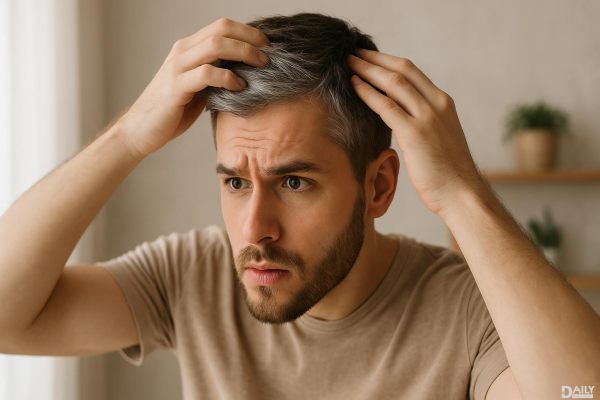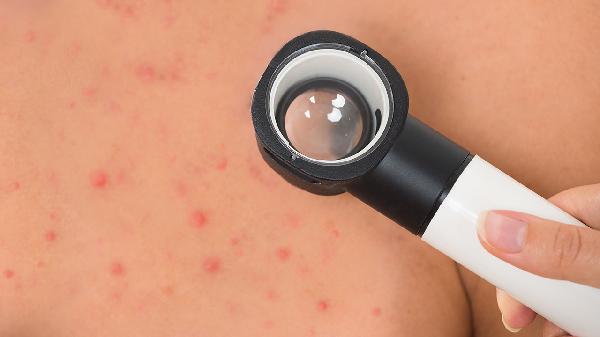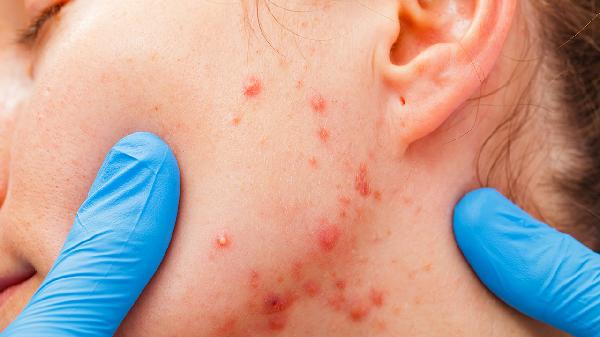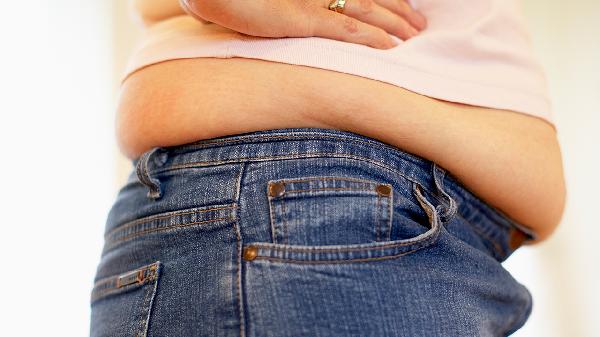Gray hair isn't just for your grandpa anymore—more young guys in their 20s and 30s are spotting silver strands way earlier than expected. While genetics play a big role, there’s a cocktail of modern lifestyle factors speeding up the process. From stress to diet, let’s break down why your hair might be losing its pigment and what you can do about it.

Ever heard the phrase “you’re making me go gray”? Turns out, it’s not just an exaggeration. Chronic stress triggers a biological response that messes with your melanocytes—the cells responsible for hair color. When stress hormones like cortisol flood your system, they can disrupt melanin production, leading to premature graying. And let’s be real, between work deadlines, financial pressures, and the general chaos of adulting, young guys today are under more stress than ever. If you’ve noticed more grays after a particularly rough patch, your body might be waving a tiny white flag.
Your hair is basically a mood ring for your nutrition. Low levels of key vitamins—especially B12, iron, and copper—can kickstart premature graying. B12 deficiency, in particular, is a biggie because it’s crucial for healthy red blood cells, which deliver oxygen to your hair follicles. If you’re vegan or vegetarian, you’re at higher risk since B12 is mostly found in animal products. And let’s not forget iron, which helps produce melanin. A diet heavy on processed foods and light on leafy greens? That’s a one-way ticket to Salt-and-Pepper City.
If you needed another reason to quit, here it is: smoking accelerates graying by generating oxidative stress that damages melanocytes. Studies show smokers are two to three times more likely to go gray before 30 compared to non-smokers. The toxins in cigarettes mess with blood flow to your hair follicles, starving them of nutrients. So yeah, that pack-a-day habit isn’t just aging your lungs—it’s aging your hair, too.
That sulfate-loaded shampoo or chemical-heavy dye job might be doing more harm than you think. Overusing products with harsh ingredients can weaken hair follicles and strip away natural pigments. Even excessive heat styling can contribute. If your haircare routine feels like a science experiment, it might be time to dial it back. Opt for gentler, sulfate-free formulas and give your hair a break from constant processing.
Before you reach for the Just For Men, consider these fixes: Gray hair isn’t inherently bad—it can look pretty distinguished—but if you’re not ready for the silver fox life just yet, these tweaks might help you hold onto your natural color a little longer.
At the end of the day, some factors (like genetics) are out of your control. But if your grays are showing up way ahead of schedule, it’s worth looking at your lifestyle. Whether it’s chilling out, eating better, or ditching the cigarettes, small changes can make a big difference. And if all else fails? Own it. Gray hair on young guys is having a moment—just ask every other celebrity rocking the “skunk streak” trend.
























